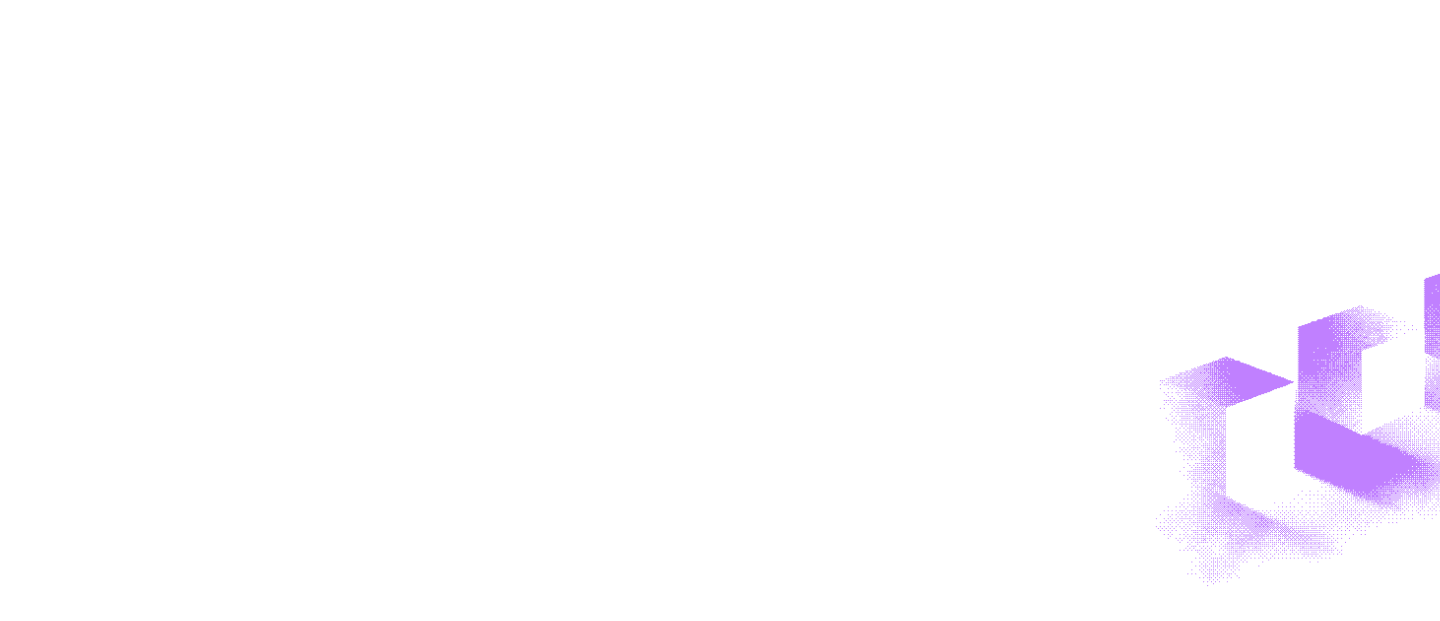
Machina
Streamlining AI Deployment and Accelerating Developer Productivity with Portainer

Business overview
Machina AS is a Norwegian software company delivering grant management, case management, and application management solutions. Its platform is highly customizable, enabling both Machina and its customers to build workflows tailored to their unique processes. As the company expanded into AI-powered capabilities, Machina began integrating in-house AI components into customer deployments. Each customer runs a separate instance of the software, creating a growing need for efficient, repeatable container deployment across multiple environments. With a team of 20 developers, AI engineers, and DevOps specialists, Machina required a scalable way to manage containerized AI components across development, testing, and production. Portainer became the platform that enabled this transition.
"Per day, I spent an hour or two easily on deployments and now with Portainer and full use, that'll probably go down to at most 5-10 minutes."

Challenge
Manual DevOps Deployments
Before adopting Portainer, Machina’s DevOps team manually deployed updates to AI containers. Each deployment required 1–2 hours per day, involving repetitive steps that were prone to human error.
As AI integration expanded and customer instances increased, this process was not sustainable. The team needed automated deployment pipelines with rollback capabilities to maintain reliability and speed.
Developer Productivity Bottlenecks
Deployments required coordination between developers and DevOps. Developers often had to request deployments rather than triggering them directly, creating unnecessary back-and-forth communication and slowing iteration cycles.
As Machina focused on rapid AI model development and testing, these bottlenecks became increasingly problematic.
Managing Separate Customer Environments
Each Machina customer receives a dedicated virtual machine running its own software instance, including AI components. Managing Docker containers across multiple VMs introduced operational complexity, particularly when delivering frequent AI updates.
The team needed a centralized, consistent way to deploy new container versions across all customer environments.
Access Management and Governance
As usage expanded, managing infrastructure access across DevOps, AI engineers, and developers became more complex. Machina wanted to avoid managing permissions across multiple systems and instead integrate container management into its existing OAuth-based access controls.
Solution
Automated Deployments with GitOps
Portainer enabled Machina to automate AI container deployments using CI/CD and GitOps workflows. Instead of manually pushing updates, new container versions can now be automatically deployed as they are built.
This not only accelerates testing and rollout but also enables fast rollback when necessary. Deployment time has been reduced from 1–2 hours per day to just 5–10 minutes.
Empowering Developers with Self-Service Deployments
Portainer allows developers to trigger deployments themselves when appropriate, reducing dependency on the DevOps team. This shift improves collaboration, eliminates bottlenecks, and speeds up feature delivery.
By simplifying the deployment interface, Portainer has enabled developers and AI engineers to iterate faster and deliver improvements more frequently.
Scalable AI Container Management
Each customer’s AI components run in Docker containers on dedicated virtual machines. Portainer provides centralized visibility and management across these distributed environments.
This architecture allows Machina to:
- Continuously deploy new AI model versions
- Standardize deployment processes across customers
- Scale AI offerings without increasing operational overhead
The containerized approach gives Machina the flexibility to rapidly enhance AI functionality while maintaining reliability.
Centralized Role-Based Access Control
Portainer integrates with Machina’s existing OAuth system, allowing centralized RBAC management. Rather than maintaining separate permission systems, Machina can extend its single source of access control into its container infrastructure.
This reduces administrative overhead while maintaining security and governance.
Results
Up to 95% Reduction in Deployment Time
Deployment effort dropped from 1–2 hours per day to 5–10 minutes. On average, this represents roughly 80 minutes saved per day per deployer.
Significant Cost Savings
Estimated annual savings from reduced deployment time are substantial. Across approximately 20 team members involved in deployments, the time savings translate into hundreds of thousands of dollars in reclaimed productivity.
Improved Developer Efficiency
Developers and AI engineers can now deploy or trigger deployments directly, reducing coordination overhead and accelerating iteration cycles.
Approximately 10 team members (DevOps and AI developers) are already directly benefiting, with plans to expand Portainer usage to around 20 team members.
Faster AI Innovation and Customer Growth
By streamlining AI container deployment, Machina can:
- Deliver AI updates faster
- Rapidly onboard new customers
- Support projected customer growth of 5–10 additional customers annually, potentially expanding further as AI capabilities increase
Future-Ready Infrastructure
Machina plans to expand Portainer usage across development, testing, and production environments and is considering containerizing its main application as well.
Portainer has become a foundational component of Machina’s AI strategy—enabling the company to scale innovation without increasing operational complexity.


.avif)


